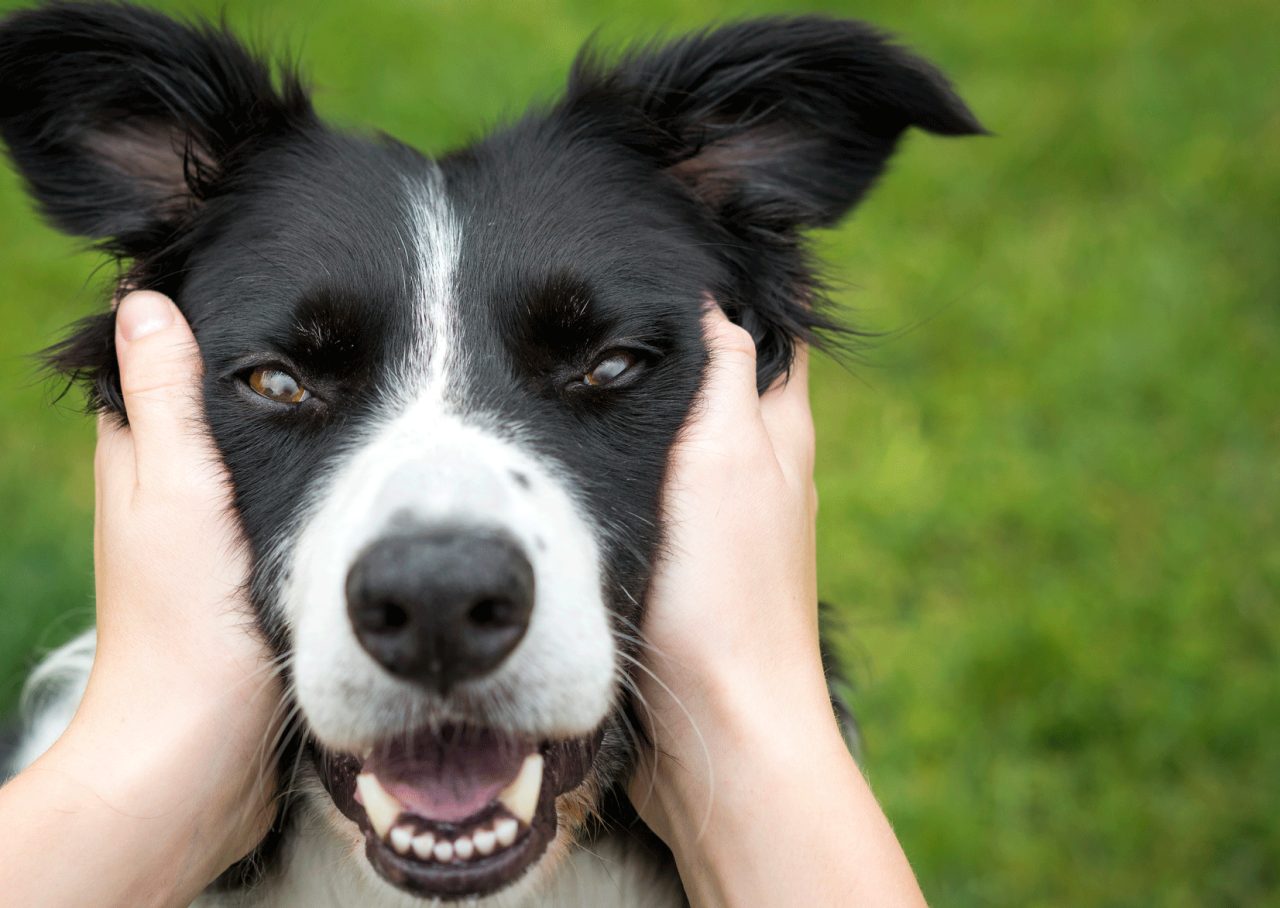Your Dog Can Help Your Anxiety

Dogs have been trained for people with all kinds of mental health conditions, including depression, PTSD, anxiety, and bipolar disorder. Should you get one?
As any dog owner will tell you, your dog can cheer you up and provide comfort when you’re down. In fact, the very first time we hear about a dog being used for therapy comes from the 9th century.
Dogs tend to increase the amount of exercise people get, and exercise is a proven remedy for anxiety. You’ll be getting out of the house, ideally to a park, which can improve your mood. Dogs provide company for people who live or work alone, also a great remedy for anxiety.
Your relationship with a dog can be more soothing than any other. One research team compared how people responded to a stress test — doing arithmetic and putting their hands into ice water for two minutes — either in the presence of a friend, their own pet, or a spouse.
In the presence of their pets, pet owners showed significantly lower heart rate and blood pressure before the task, less reaction to the task, and a faster recovery than the non-pet-owning participants who, instead, had a friend present. In fact, the pet tamed stress better than a spouse.
YOU MIGHT ALSO LIKE: The Health Benefits of Nature
In a separate study, researchers found that people with high blood pressure showed less reaction to a stress task after they had a new pet for six months, with better scores than a control group taking the same medication who didn’t have pets.
You might especially consider getting a dog for an anxious child. In one study, only 12 percent of children with a pet dog met the criteria for anxiety, compared to 21 percent of children without a dog.
Psychiatric service dogs have been trained to assist owners who may have post-traumatic stress disorder (PTSD), schizophrenia, depression, anxiety, or bipolar disorder.
The dogs can be of any breed or size. They help people of all ages — including children, whose lives are often severely compromised by anxiety and fear—travel, visit public places, and take part in social activities. If you need to bring your dog with you to public places, you will need a mental health professional to explain the animal performs tasks you can’t do yourself — not simply making you less anxious.
If your dog qualifies, you can take her places where dogs would otherwise be forbidden, including restaurants, theatres, buses, taxis, trains, airplanes, motels, government buildings, medical offices, hospitals, parks, beaches, amusement parks, churches, and so on.
A psychiatric service dog may fly with you in the cabin of a USA-based commercial airline, without a special fee. Your landlord must allow you to keep your dog, also without fees.
Some tasks dogs can be trained to help in several ways, according to the National Service Animal Registry, where you can start the process of qualifying for a service dog.
- Let’s say you have panic attacks in crowds. You could give a signal to your dog to lead you to an exit or find a family member.
- Perhaps you are often afraid to enter your home, fearing an intruder. A trained dog could perform a systematic search of any room or building and bark if he sees a person. Or he might turn on lights, so you don’t have to enter dark places.
- You might not reliably respond to noise and miss the doorbell, ringing phone, or smoke alarm. Your dog could take hold of your arm or sleeve in his mouth and lead you to the sound or outside.
- You might have symptoms of obsessive-compulsive disorder, such as pulling your hair or picking at your skin. Your dog could be trained to bring you a dog brush to distract you.
- Some tranquilizers for anxiety interfere with your balance. Your dog could walk close by, allowing you to rest your hand on his harness.
- Your dog can be trained to bring you medication when you show specific symptoms. Your dog might detect signs of an anxiety attack before it happens and lick you or offer a paw.
- Your dog might prevent strangers from approaching you when you are in distress. Your dog might retrieve your phone during an anxiety attack.
In a study of Australians with psychiatric service dogs, the participants reported their dogs “making” them leave the house or get out of bed, “reminding” them about medication, “sensing” their emotions and nudging them to bring them back to the present or blocking contact with a person they feared.
For almost half the participants, their dog led them to require less mental healthcare because they were hospitalized less often, made fewer suicide attempts, or needed less medication.
Although any kind of dog can be a psychiatric service animal, some breeds are more popular for emotional support. They include bulldogs, who like to sit around the house. German shepherds and boxers will make you feel well-guarded if you are afraid of being home alone. Labs are especially comforting.
If you need a small dog, consider a Cavalier King Charles spaniel or smaller poodle.
Updated:
July 21, 2023
Reviewed By:
Janet O’Dell RN